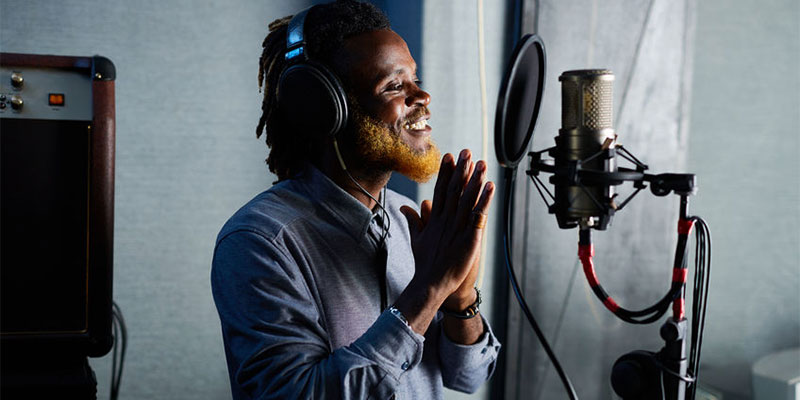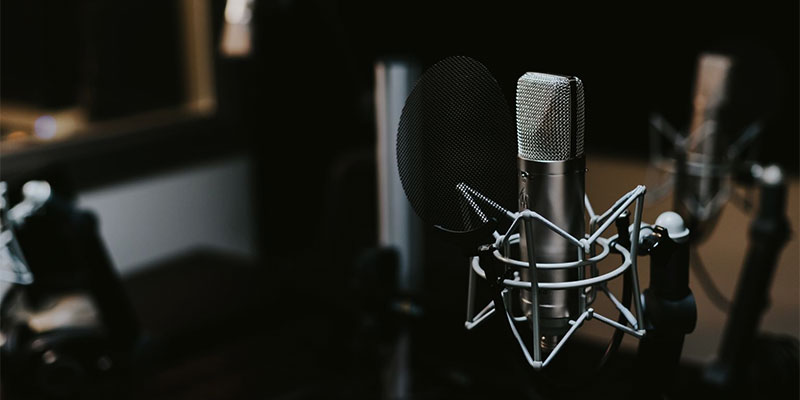You’re not alone if you’ve ever tried to record a voice memo or podcast and been disappointed with the results. Many people find their voice recordings much harder to understand than expected. The good news is that there are some things you can do to make your voice sound clearer on tape. In this blog post, we’ll look at some of the best ways to improve the clarity of your voice recordings. Keep reading for tips on how to sound your best!
Make sure your microphone is working correctly
Your microphone is one of the first things you should check if you’re having trouble with your voice recordings. If your microphone isn’t working correctly, it can make your voice sound muffled or distorted on tape. So, test your microphone before you start recording to ensure that it’s picking up your voice clearly.
Use a pop filter or windscreen
Windscreen vs pop filter is an eternal debate when choosing protection against background noise for your microphone. They both help to reduce plosives (hard “b” and “p” sounds) and protect your microphone from damage, but each has its advantages and disadvantages. If you’re unsure which one to use, we recommend trying both to see which gives you the best results.
Choose the right recording environment
Another factor affecting your voice recordings’ clarity is the recording environment. If you’re recording in a noisy room, your voice will likely be drowned out by background noise. Instead, find a quiet place to record, such as a closet or an empty office. This will help ensure that your voice is the only thing captured on tape.

Speak clearly and slowly
When recording your voice, it’s essential to speak clearly and slowly. This will help ensure that your words are captured clearly on the recording. In addition, it can be helpful to practice reading aloud before you start recording. This will help you get used to speaking slowly and clearly.
Record in short takes
When recording your voice, breaking up the recording into short takes is essential. This will help ensure that your words are captured clearly on the tape. If you make a mistake while recording, you can always stop the recording and start over.
Listen back to your recordings
After you’ve recorded your voice, it’s important to listen back to the recording. This will help you catch any errors or areas where you can improve. Don’t be afraid to start over if you’re unhappy with the recording. With a bit of practice, you’ll be able to produce clear and concise voice recordings that sound great!
Follow these tips, and you’ll be well on improving your voice recordings clarity. With a bit of practice, you’ll be able to produce clear and concise voice recordings that sound great!

